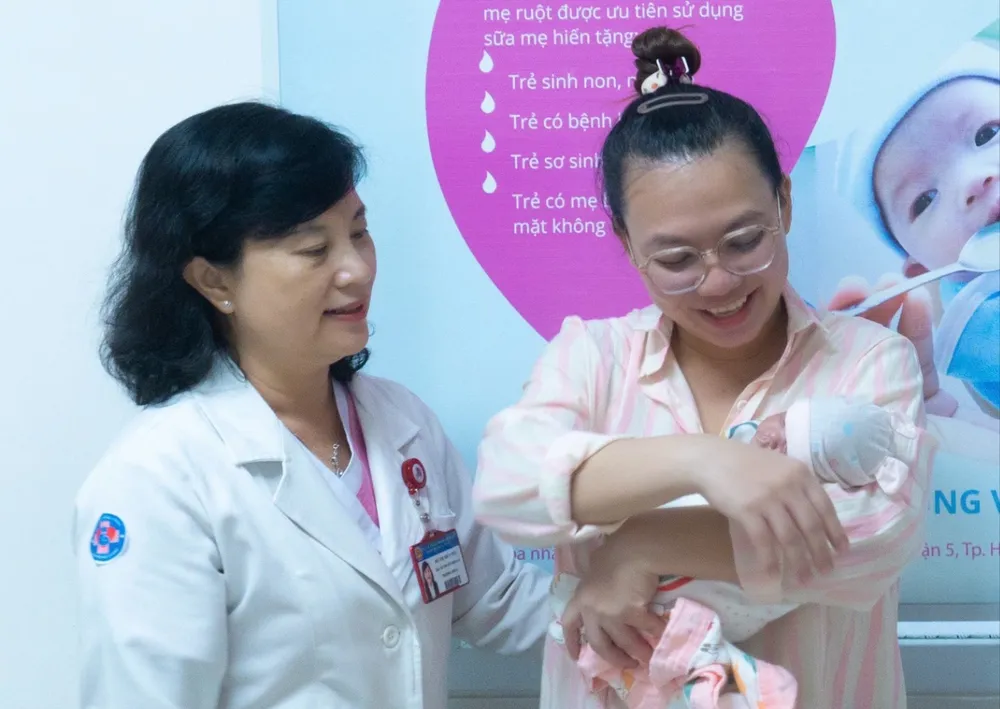
On July 30, Hung Vuong Hospital announced that it has successfully cared for and nurtured many extremely premature babies thanks to advanced treatment methods. Typically, there were two cases of babies born from in vitro fertilization recently.
The first case is the daughter of mother HG, born on May 2 at 24 weeks and 6 days of pregnancy. The baby girl weighed 650 grams, was in very weak condition, received initial respiratory support and was transferred to the Neonatal Intensive Care Unit (NICU).
Because the baby's lungs were too weak, doctors immediately injected surfactant to support respiratory function. The baby had to be on a ventilator for 40 days, at one stage requiring high-frequency oscillation ventilation (HFO).
To ensure nutrition, the doctor established an intravenous line into the baby's body. At the same time, used drugs to fight dangerous infections.
However, the baby later developed a blood infection, and his condition worsened, requiring intensive care. At one point, the baby suffered from severe anemia and blood clotting disorders, and the treatment team had to transfuse blood and fresh frozen plasma.
After 40 days of special care, the baby girl was able to breathe better on her own, was weaned off the ventilator and switched to NCPAP. After 20 days of breathing practice and getting used to the outside environment, the baby was transferred to the Neonatal Department and given Kangaroo Incubation with her mother.
During this time, the baby learned to drink pasteurized breast milk from the breast milk bank. At many times, the baby's SpO2 dropped, he became cyanotic, and had recurring pneumonia.
With the care of doctors and nurses and her own efforts, the child overcame the crisis. Weighing 1,540 grams, the girl was discharged from the hospital after 90 days of treatment and had regular eye check-ups to ensure her comprehensive development.
The second case is the son of mother HT, born on April 22, nearly 4 months earlier than the expected date.
The baby boy weighed 760 grams, was cyanotic, had a weak heartbeat, could not breathe on his own and had weak muscle tone. After emergency resuscitation, the baby was immediately transferred to the Neonatal Intensive Care Unit for intensive treatment.
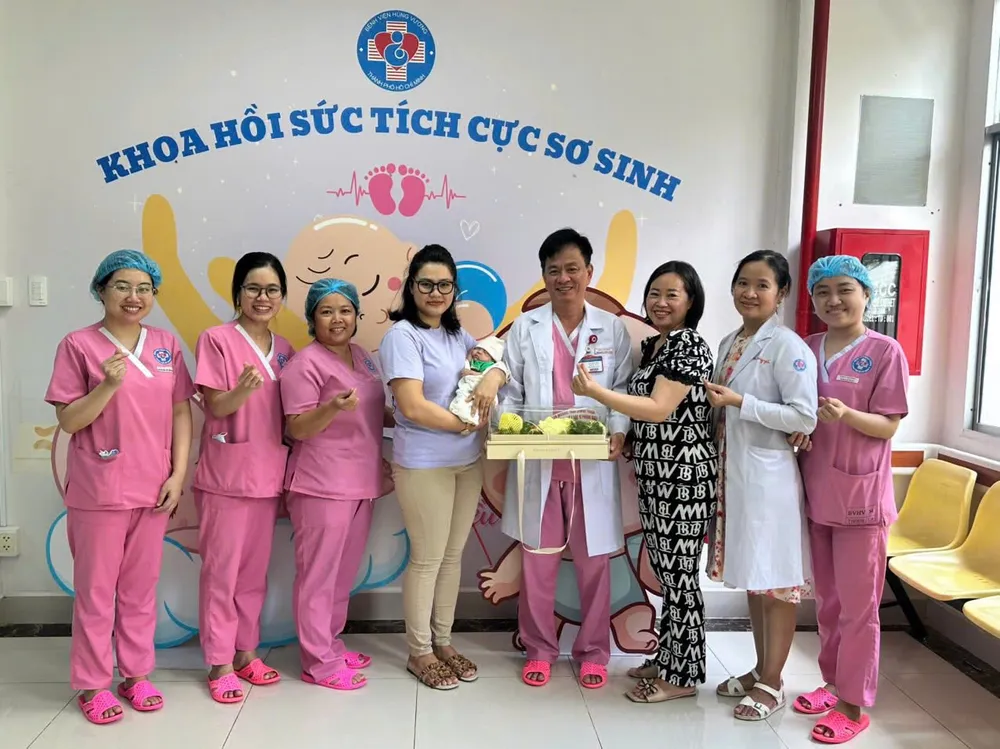
Here, the baby had to use surfactant because his lungs were very weak. The most advanced techniques were applied such as high-frequency oscillatory ventilation, umbilical vein and umbilical artery catheterization, nutritional care, and drugs to treat newborn infections.
The baby was then fed with pasteurized breast milk from the Human Milk Bank. After nearly 50 days of "fighting" on a ventilator, the baby was transferred to the Neonatal Department and Kangaroo Incubator with her mother. Here, the baby received physical therapy and was gradually weaned off oxygen.
By the 99th day, the baby boy weighed 2,005 grams, and was ready to be discharged from the hospital. He was able to exclusively breastfeed, marking an important milestone in his development.
According to doctors, to successfully nurture extremely premature newborn babies, as small as the palm of a hand, Hung Vuong Hospital has applied the most advanced treatment methods along with dedicated, professional care.
These techniques play a key role in supporting the baby's fragile organs, especially the respiratory and digestive systems. At the same time, the Human Milk Bank is a source of pasteurized, safe and nutritious breast milk, full of antibodies to help strengthen resistance and help premature babies grow healthily.
Source: https://www.sggp.org.vn/hanh-trinh-tro-ve-vong-tay-me-cua-2-tre-so-sinh-cuc-non-post806050.html



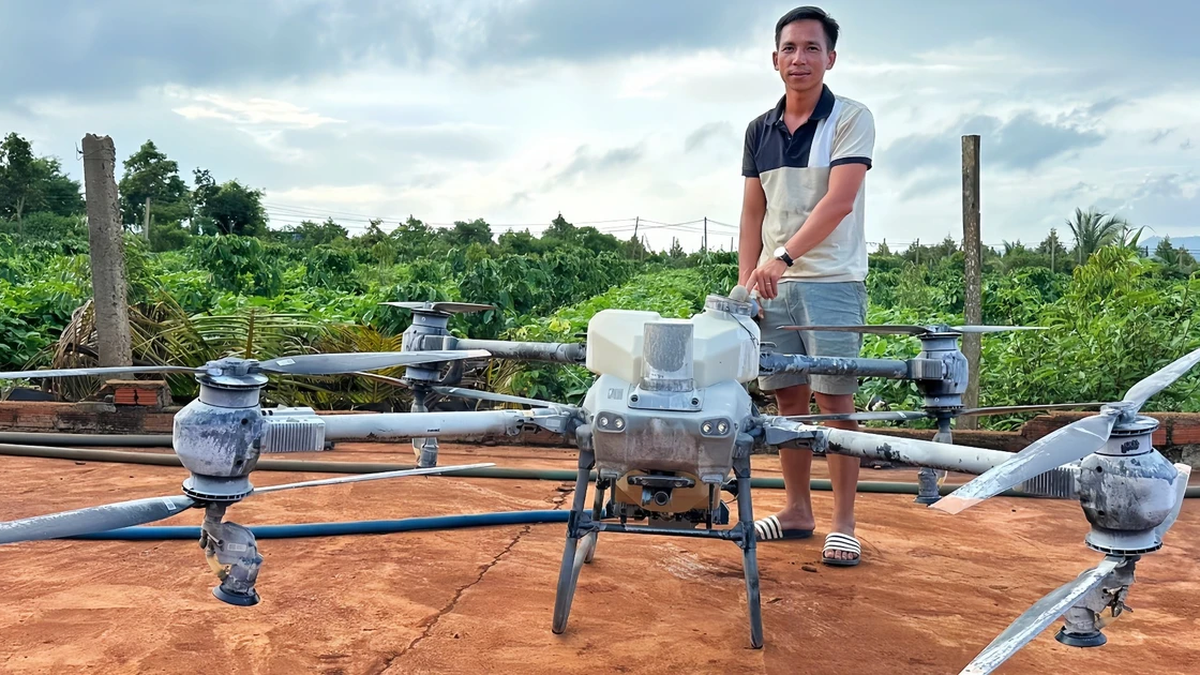
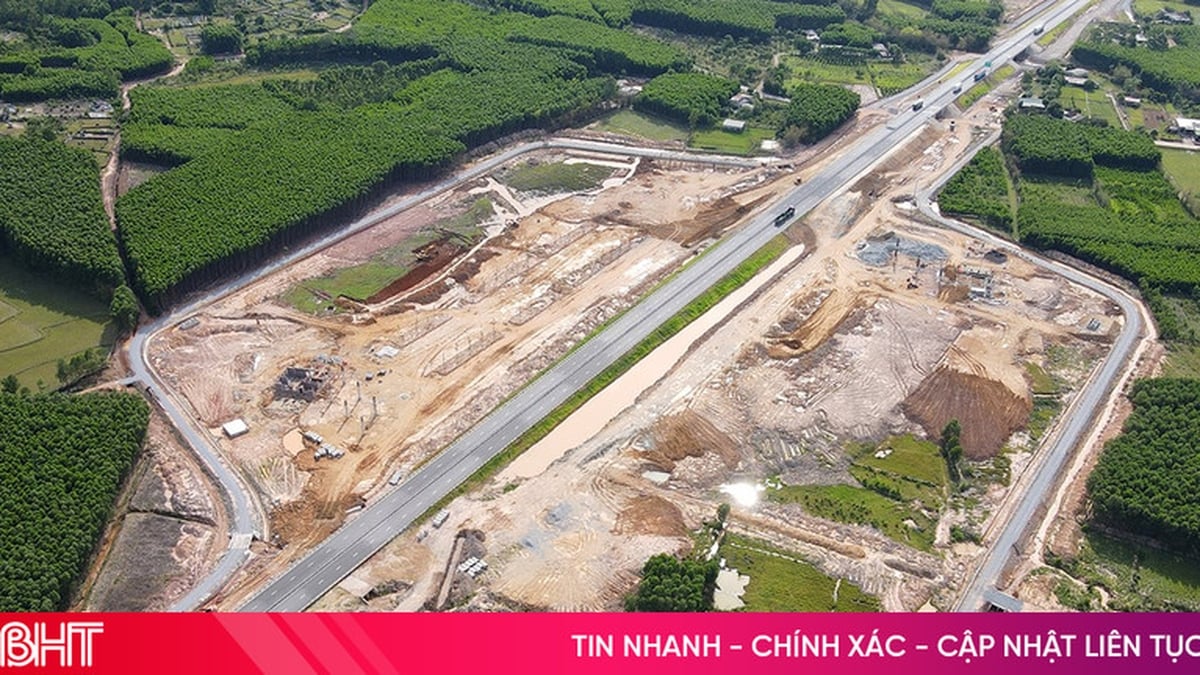
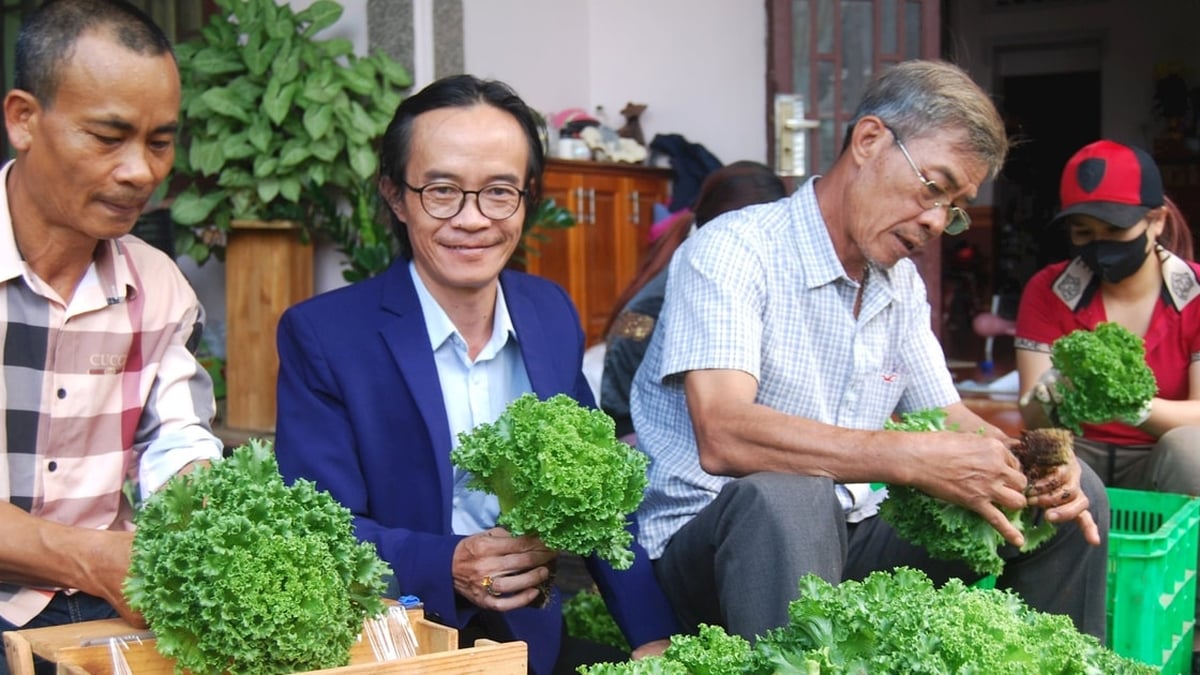
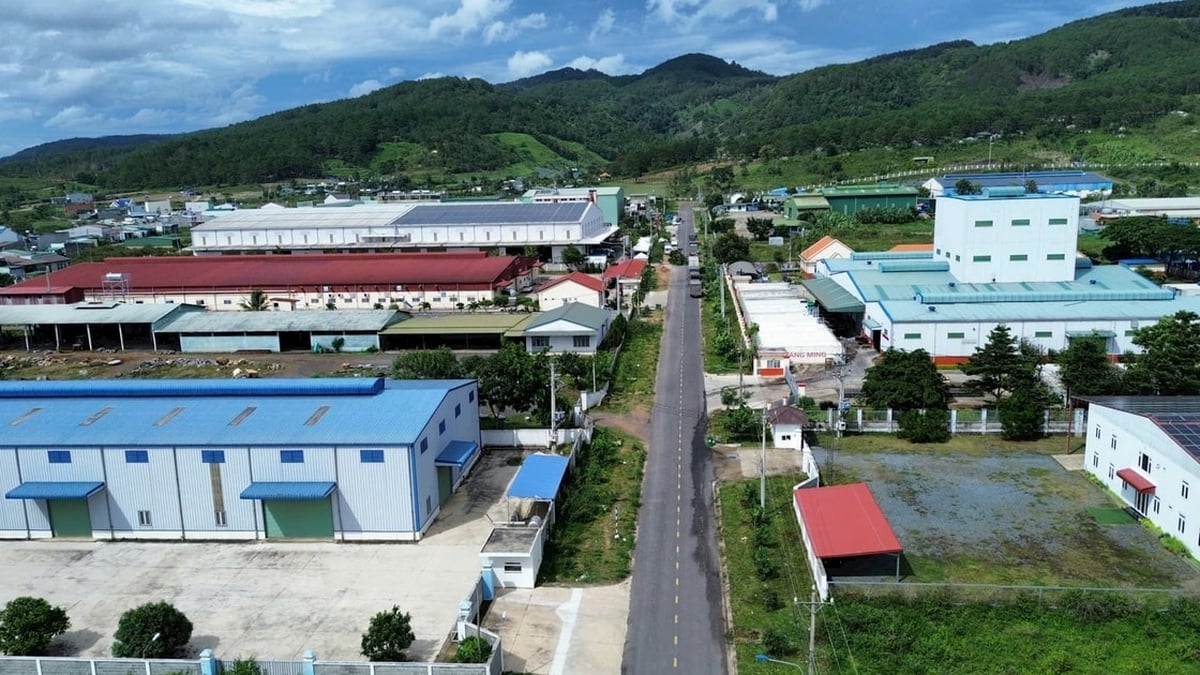
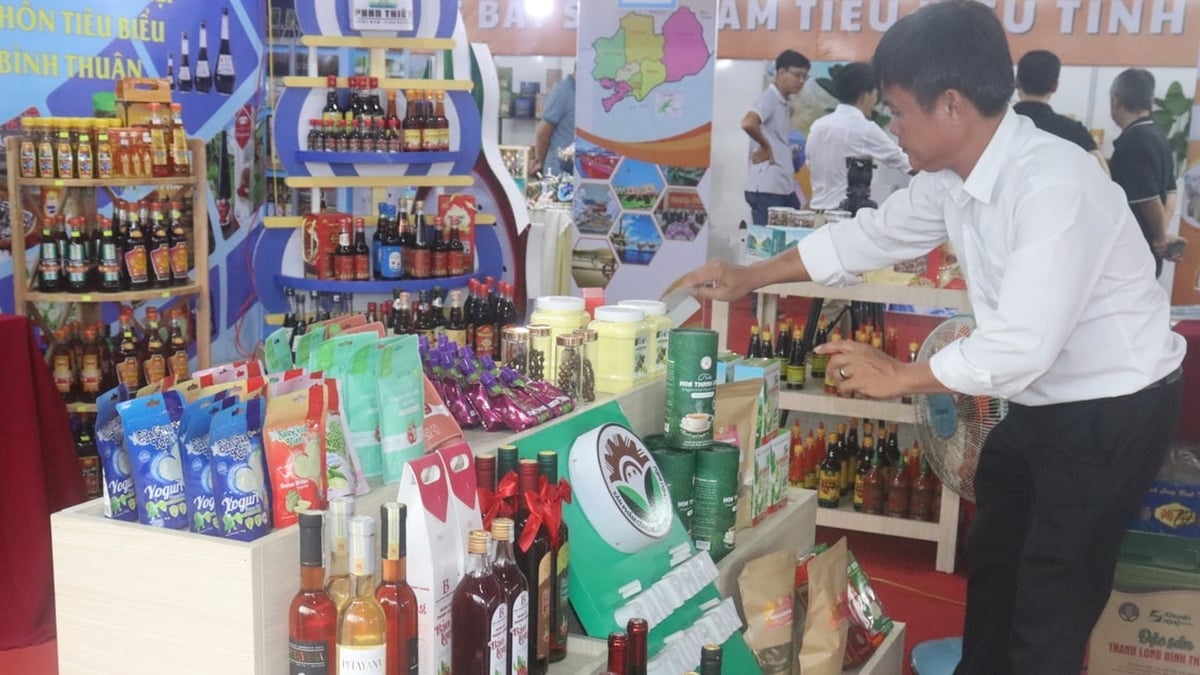

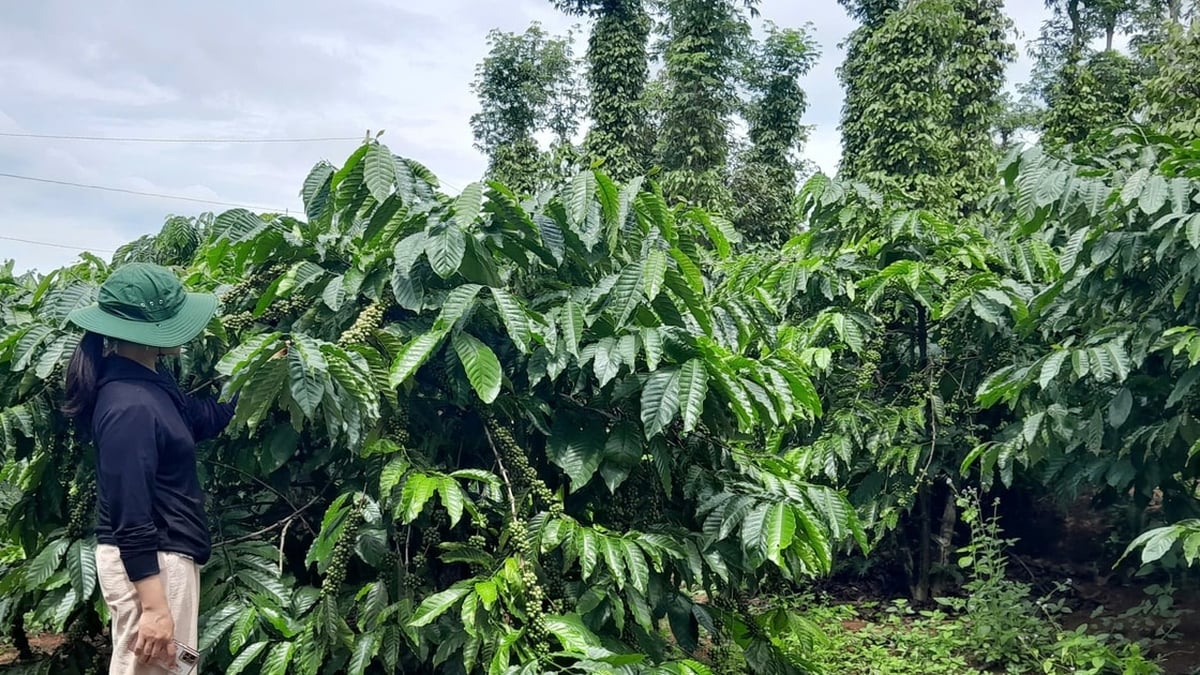
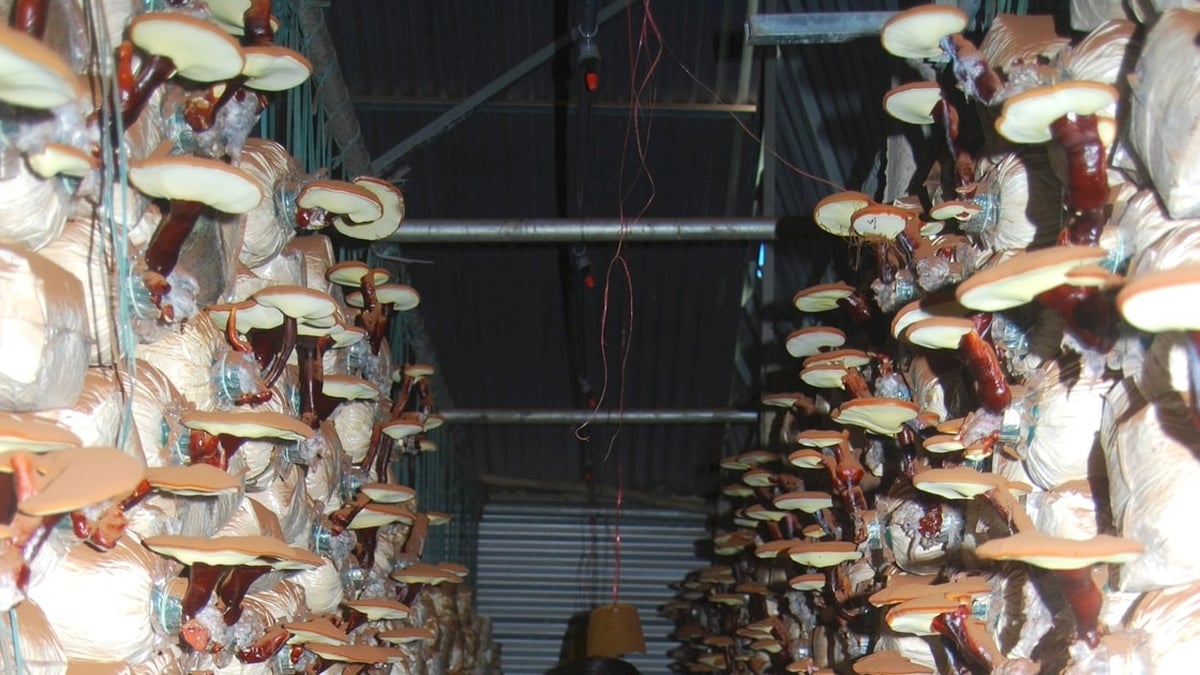













































![[Maritime News] Container shipping faces overcapacity that will last until 2028](https://vphoto.vietnam.vn/thumb/402x226/vietnam/resource/IMAGE/2025/7/30/6d35cbc6b0f643fd97f8aa2e9bc87aea)












































Comment (0)